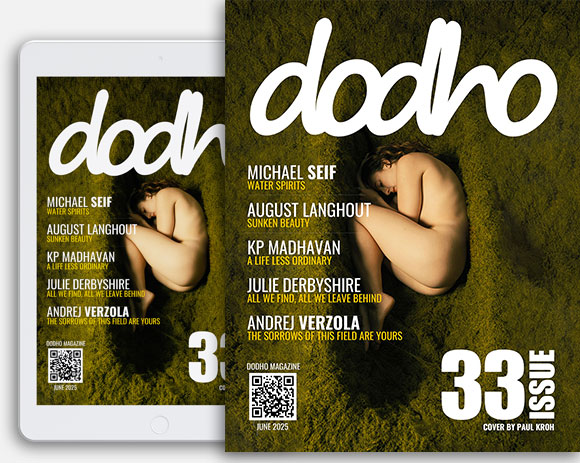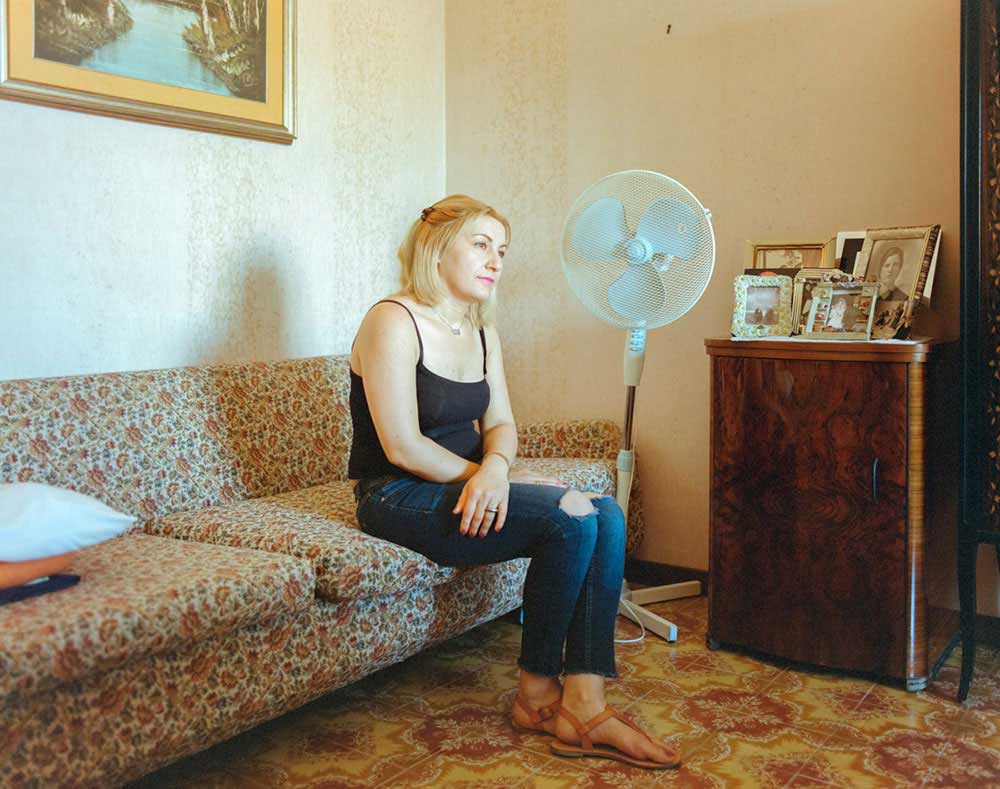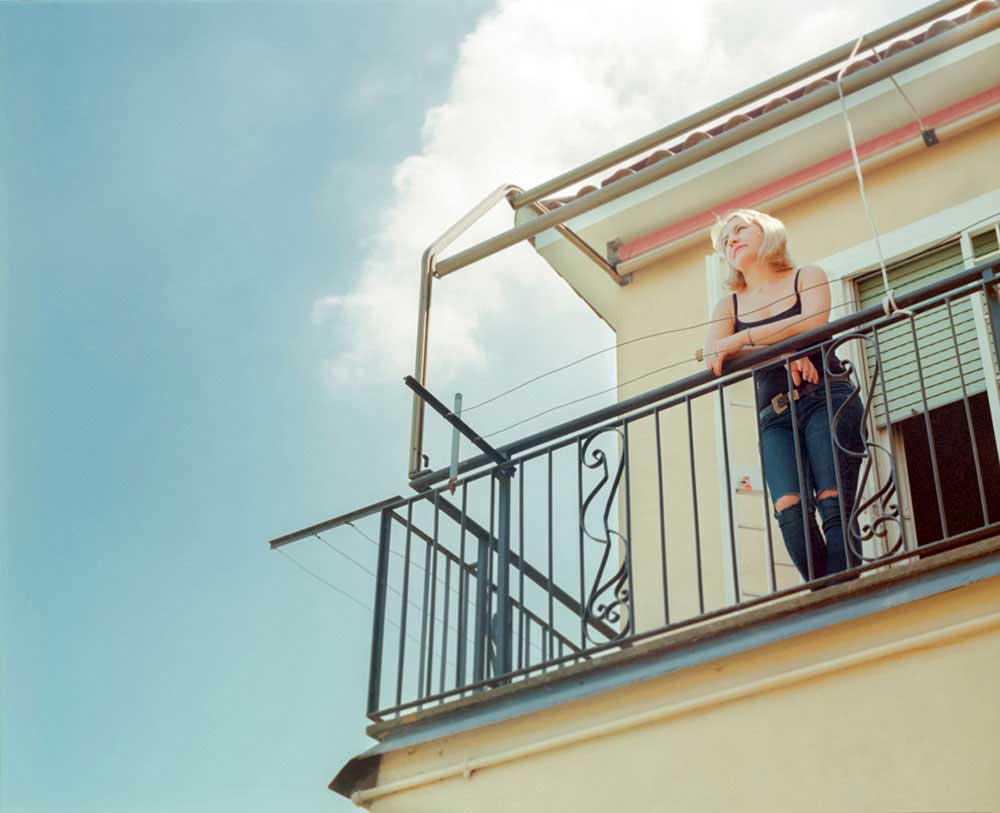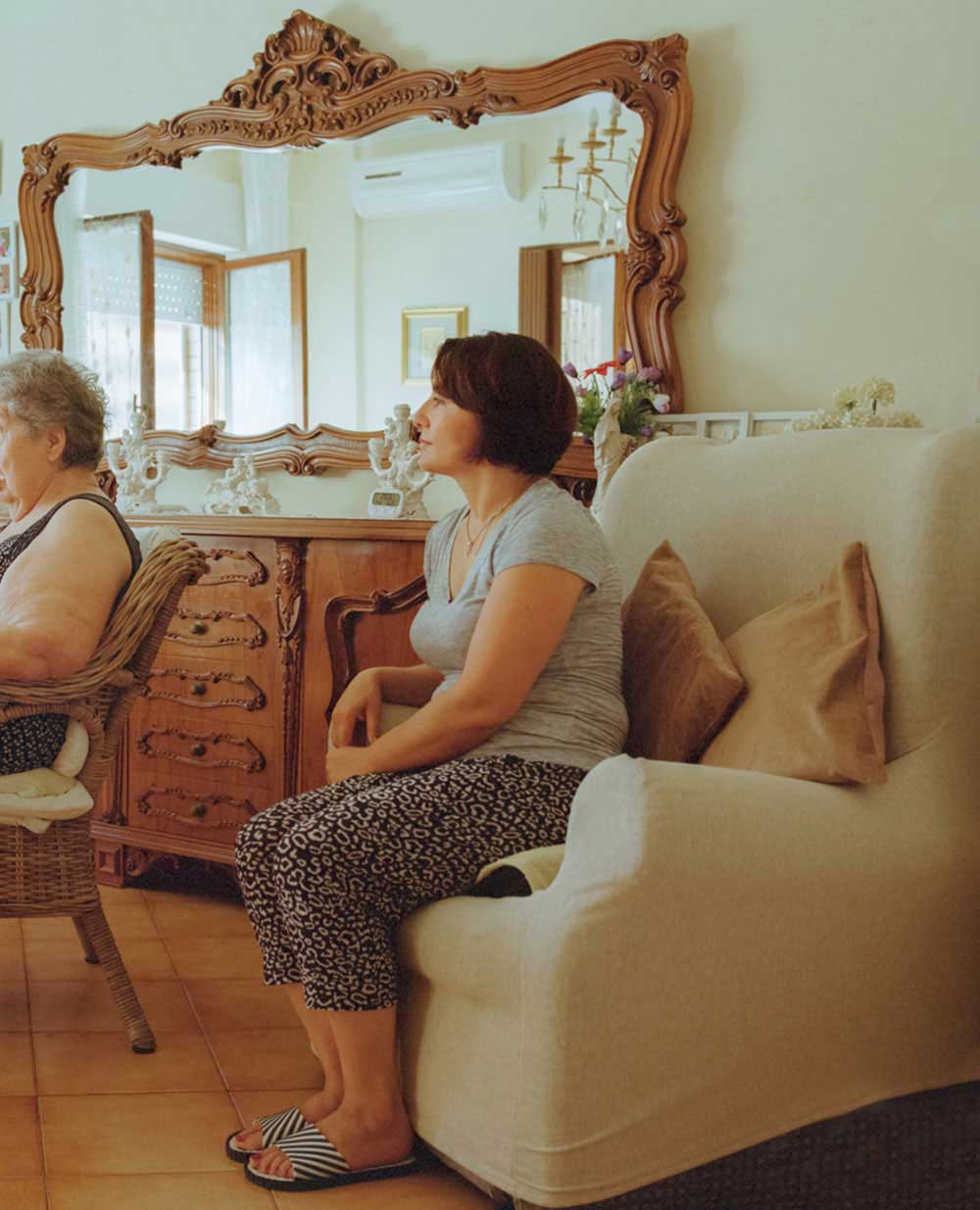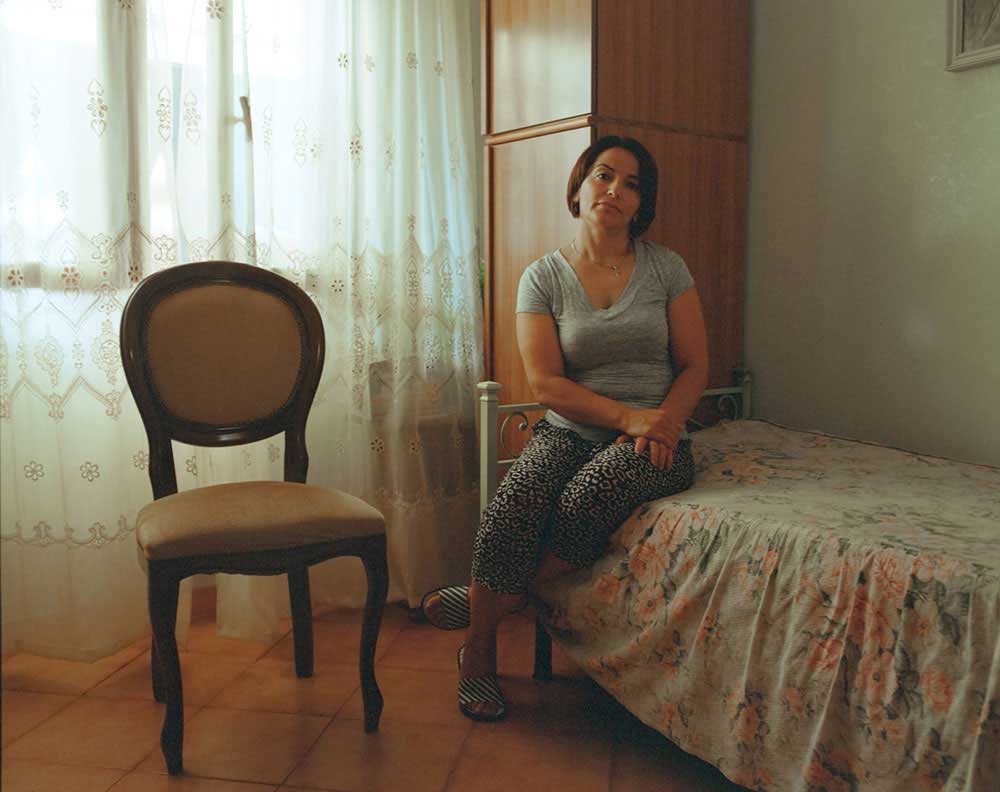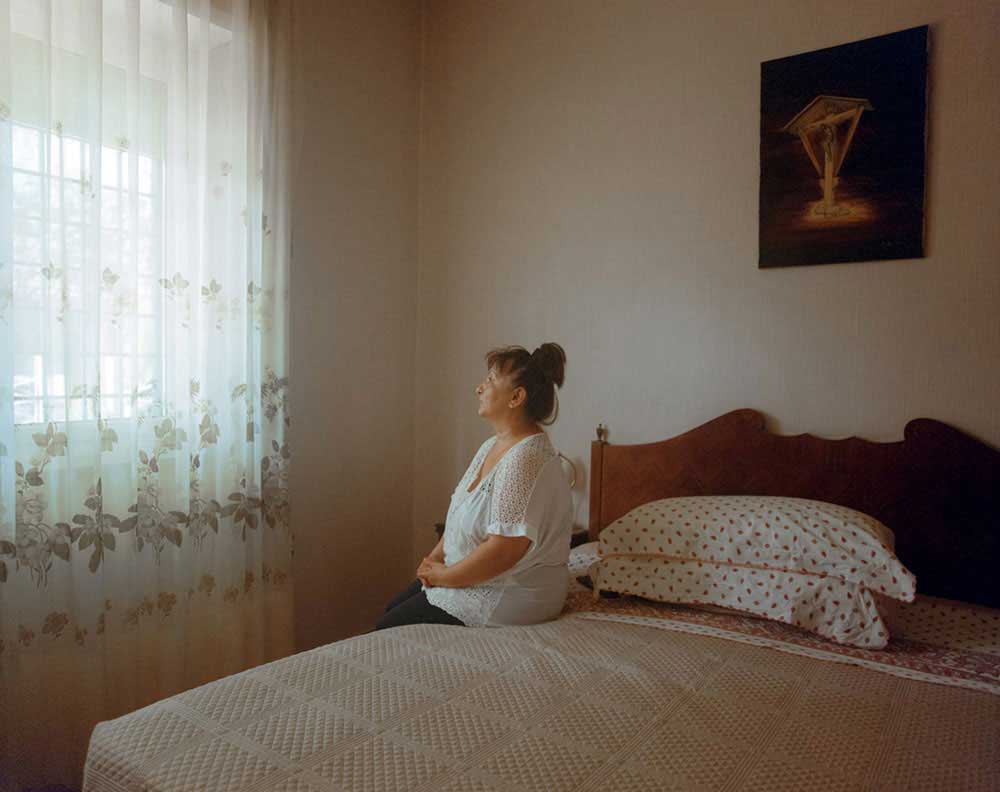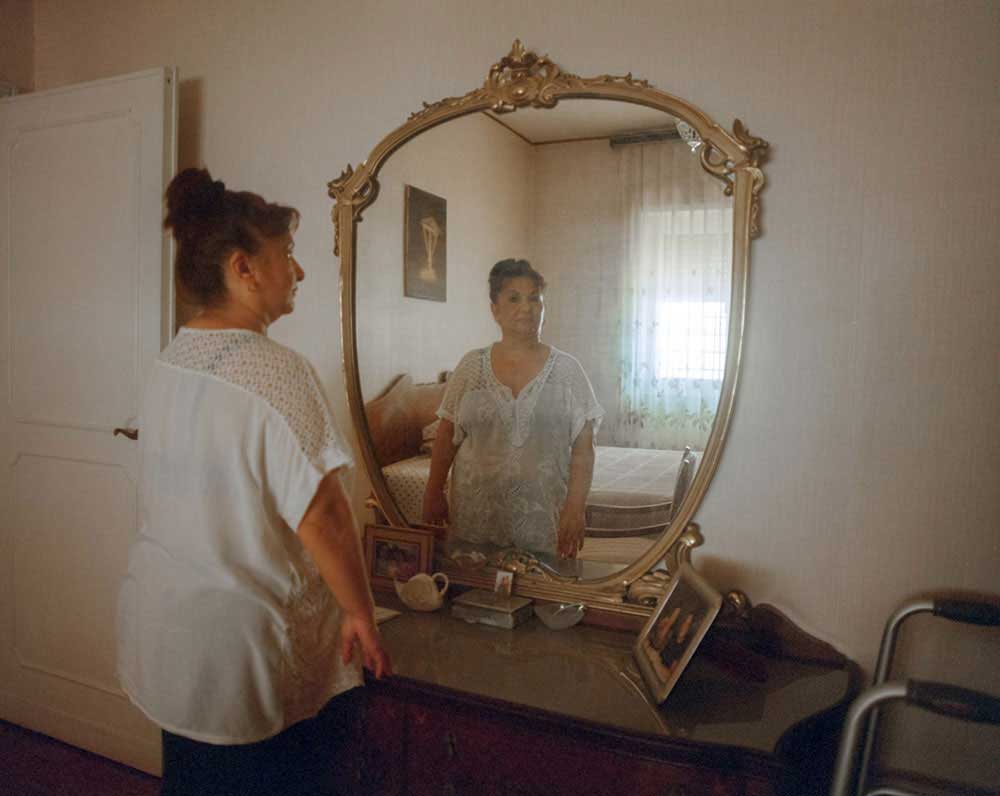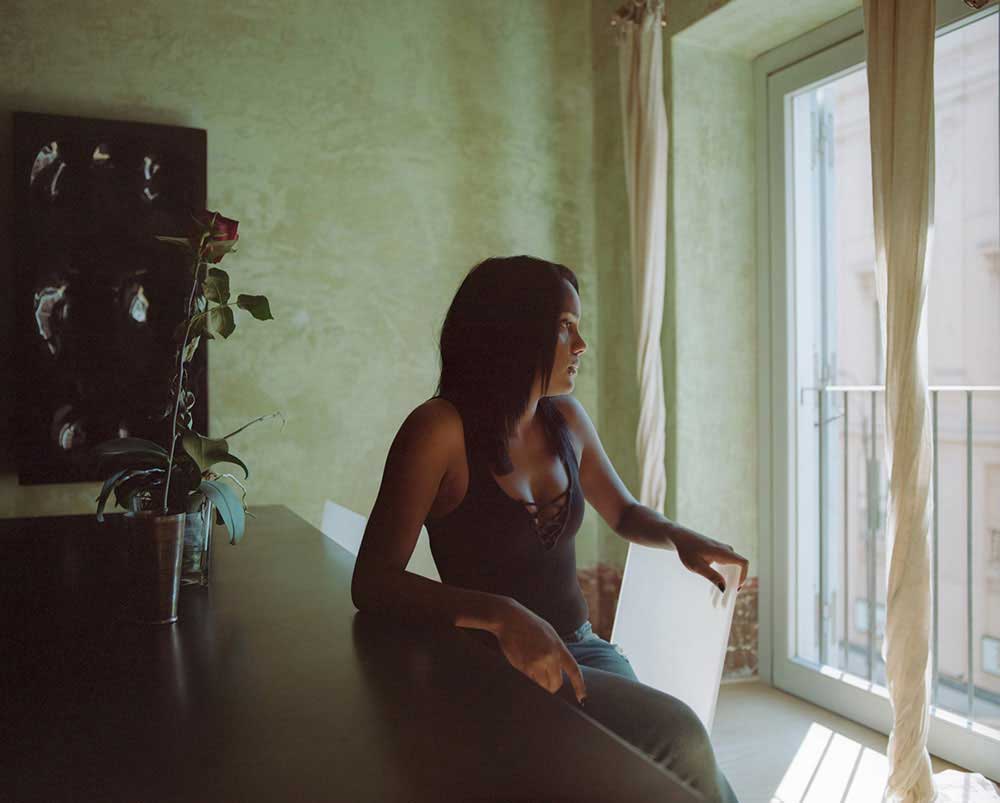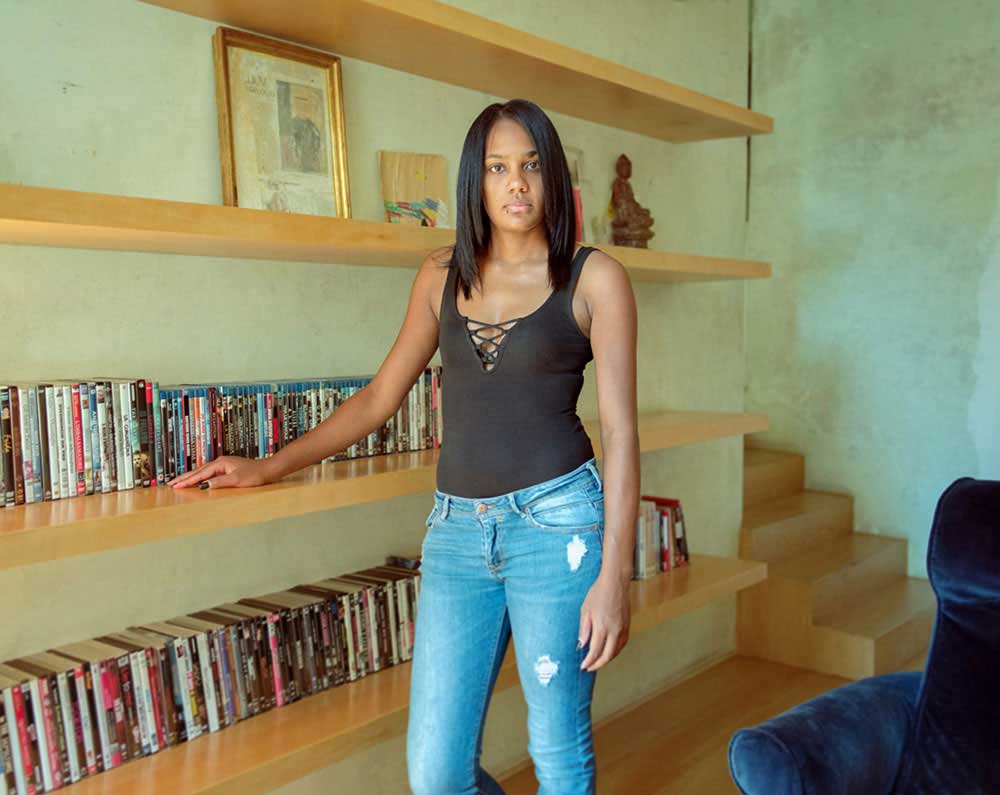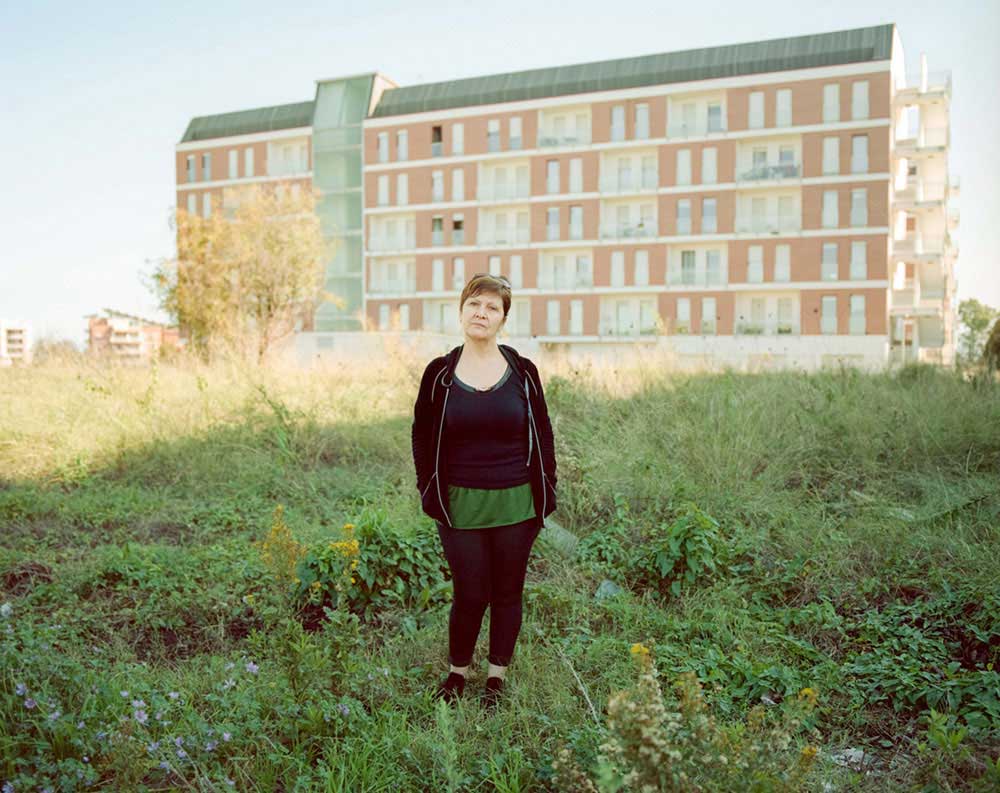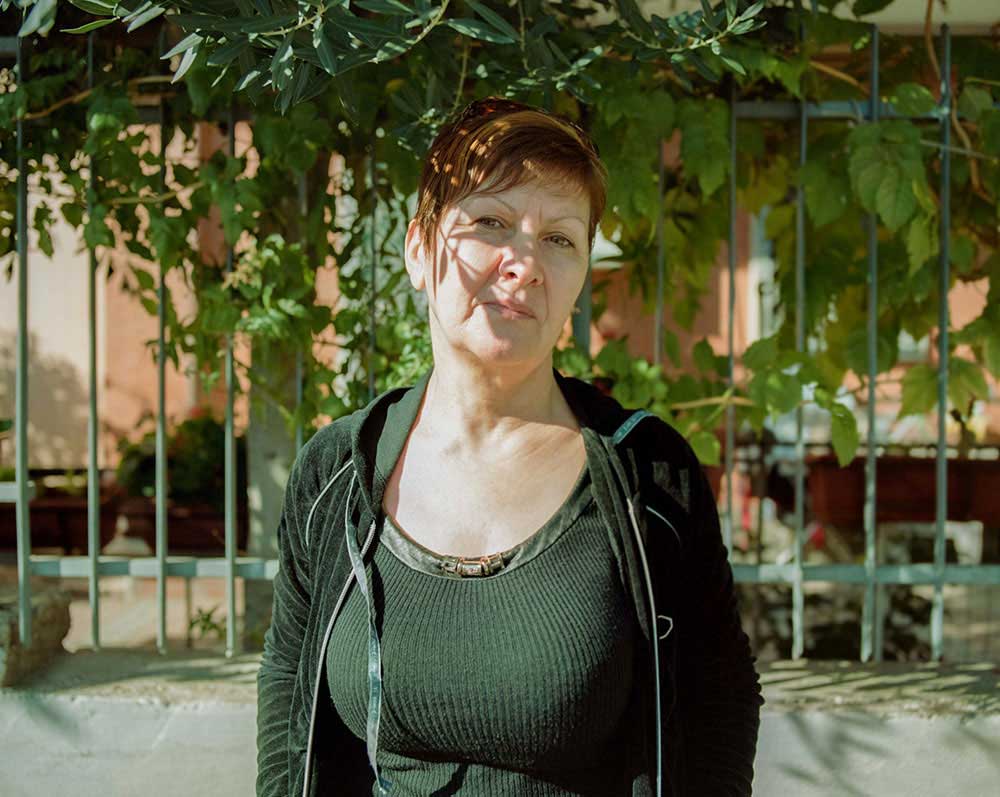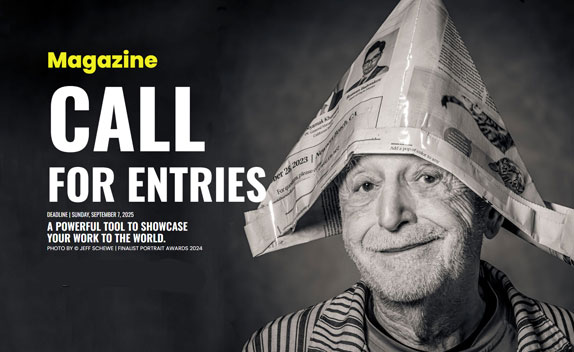In Italy, the presence of a female migration, coming mainly from Eastern Europe, destined to cover tasks such as the care of elderly and / or serious patients, is dictated by the presence of a public welfare, which cannot adequately respond to the growing demand for assistance. The number of caregivers in the Italian territory corresponds to about 1.5 million.
Family assistants are not a recent phenomenon in the history of our country: in fact, starting from the seventies, the migration phenomenon linked to private welfare has increased exponentially, until it assumed an increasingly important consistency in the Nineties and finally took root in 2000 .Concurrent with the growth of foreign workers in the care sector, family assistants of Italian nationality decreased.
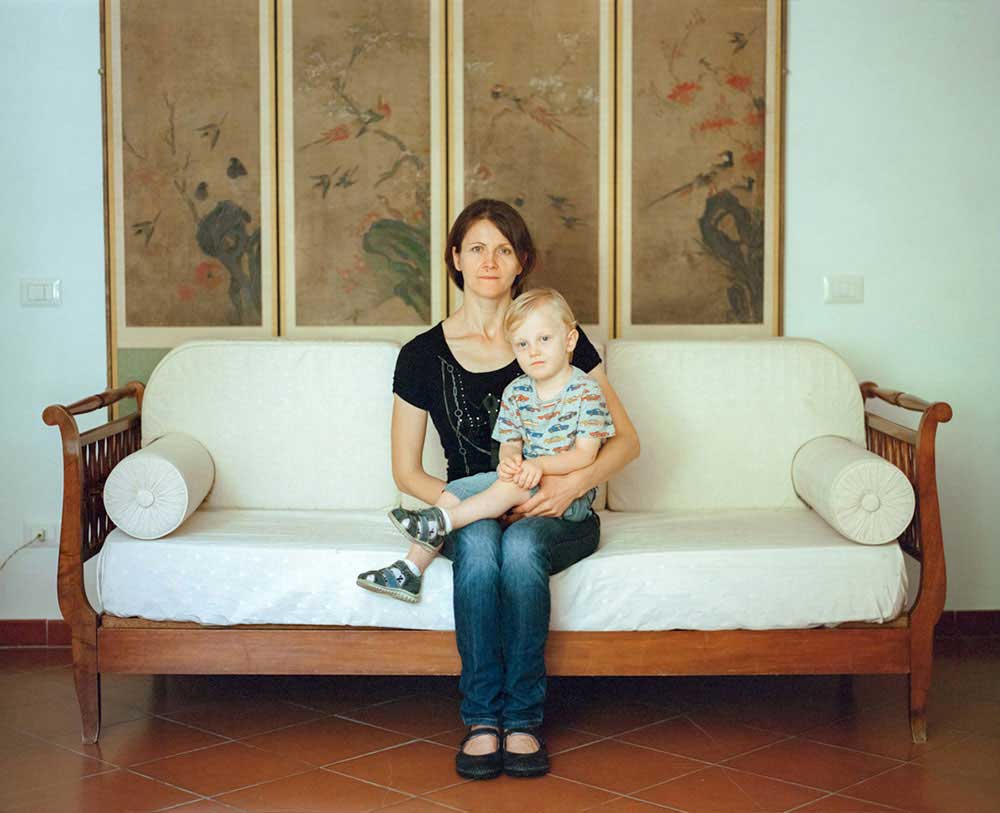
Female migration is characterized by different motivations. Some women migrate to rejoin, after years of separation, with the boyfriend / partner / husband. Rejoin because obviously the partner has found the stability for which he had emigrated from the country of origin. Some migrate for reasons related to the study. Others for economic necessities: the search for paid work becomes fundamental. Also in this case the reasons are different: to achieve economic independence, to increase the value of one’s presence in the society of origin and the family, to build a future for themselves and above all for the children, who remain in the countries and cities of origin. The work of «caregiver» is often one of the most immediate jobs for women coming from Eastern Europe. To give an example, the lack of knowledge of the Italian language and the condition of irregularities often lead to consider the only alternative to employment in the private welfare sector. Furthermore, working as a family assistant can mean savings in terms of rent and bills if you co-live with those you need to assist.
Besides the physical distance there is more: the possibility of earning and sending financial support becomes an emancipation path that has its effects. As well as living in a country that is culturally different from its own. Obviously there is considerable difficulty in managing the family and social situation from another country. Although migrant women rely on trusting figures, especially as regards the protection of their children, the will to strengthen their decision-making capacity in the family mechanisms of care and education remains high. Among the first purchases made with their salaries, often there are items that are purchased only to symbolically point out in front of the company of origin the success of their migration project. The gifts sent become a tool to affirm the status quo, but also the way to «subvert the normality». The old balances are broken or modified. The need to renegotiate your role as a woman / wife / partner / mother / daughter stands out: redefining your autonomy.
In addition to money, gifts are sent, especially to children.Gifts become a testimony of affection that remains unchanged and a symbol of constant presence, despite the distance.A way to continue being mothers even if they are transnational.
The project consists in a series of portraits to represent this phenomenon in Italy. Photographed women cohabit with the people they care for and were photographed in those homes.The project, started in 2018, is still ongoing.
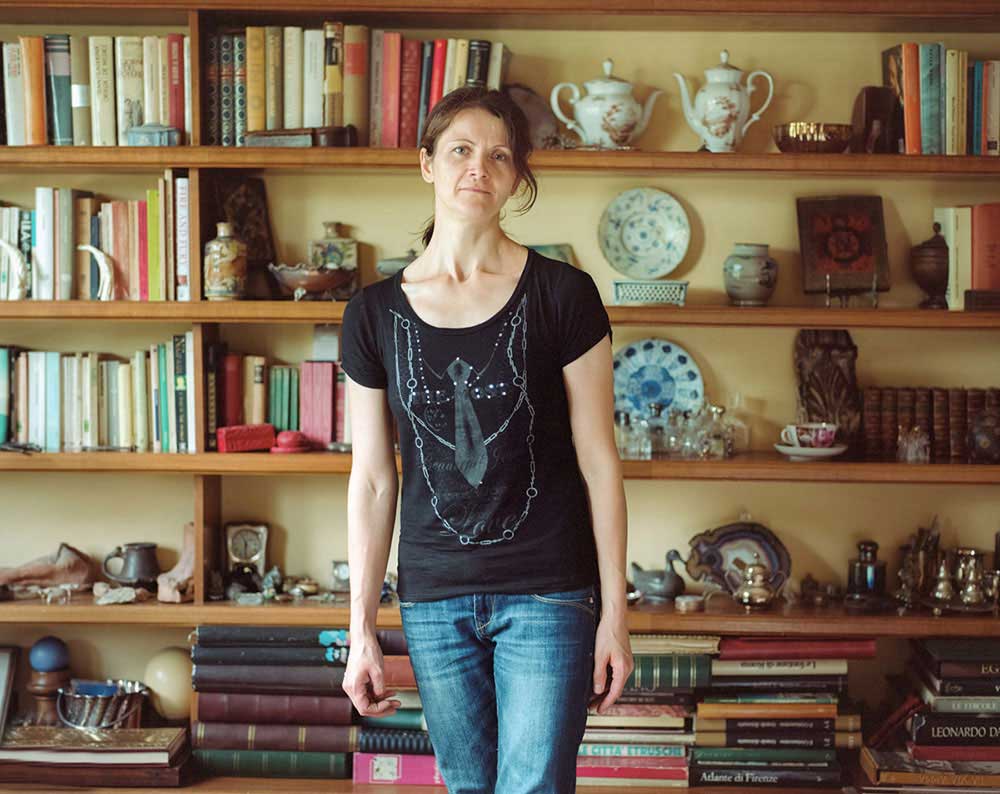
About Benedetta Ristori
Benedetta Ristori is a freelance photographer currently based in Rome,Italy. Her work is focused on the tension between a form and the space it takes and where it’s contained by. In 2014 she was interviewed by the magazine Vanity Fair in the Emerging Photographers section. In 2015 Benedetta was one of the finalist of the ‘Next Photographer Award’ by D&AD in partnership with Getty Images. In 2016 one photo of her project “Lay Off” was the winner of the People category in the 16th Smithsonian Magazine photo contest. The same year her project “Lay Off” is published by Vogue Italia, Ignant, Il Muro, Positive Magazine and others. In 2015 she begin the series ‘East’ ended in 2018. The project is published on VICE, It’s Nice That, Freunde Von Freunden, The Space Magazine, The Calvert Journal. In 2017 she was one of the 100 creatives chosen to represent the Lazio region in the annual initiative “Lazio Creativo 2017”. In 2018 she self-published her first book “East”, from the homonymous series, in a limited edition of 180 copies. Her works are exposed in various international exhibitions. [Official Website]


